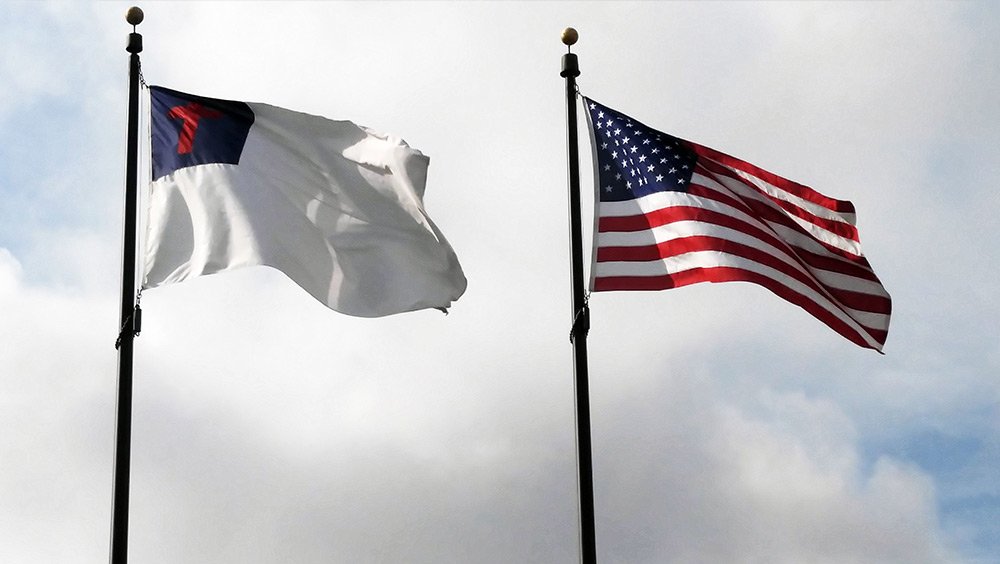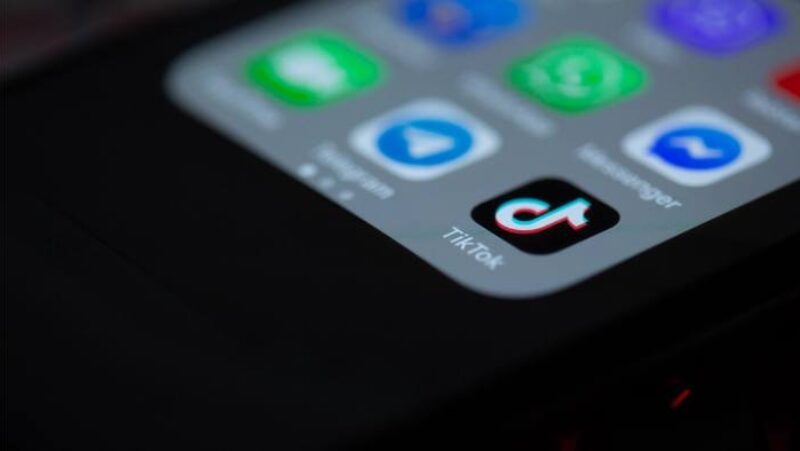Perspective: Government Speech Doctrine Is a Dangerous Path Toward Censorship

Two First Amendment cases at the United States Supreme Court show the danger of a concept known as the government speech doctrine. This doctrine provides a powerful defense for government entities facing First Amendment challenges from public employees or other individuals who engage in private speech but are connected to a government program or platform. Under this doctrine, free speech claims are eviscerated if speech is classified as government speech.
The first case – Shurtleff v. City of Boston – involves flying flags at city hall. Harold Shurtleff contended that the city of Boston allowed hundreds of organizations to use its flagpole to fly different flags but balked at his flag because of its religious content. Shurtleff made a classic free speech argument that city officials improperly engaged in viewpoint discrimination by treating his religious speech differently than the non-religious speech of others. The city of Boston countered with a powerful argument that flags flown at a city-owned plaza are government speech.
The second case – Kennedy v. Bremerton School District – involves a former high school football coach who was terminated for religious activity on the football field. Joseph Kennedy would pray on the 50-yard line after games. Sometimes others would join him, including players on both teams. Kennedy claims that when the school district fired him for his religious expression, it violated his rights under both the free speech and free exercise clauses of the First Amendment.
The school district counters that Kennedy’s act of praying on the 50-yard line was a form of government speech under the Supreme Court’s 2006 ruling in Garcetti v. Ceballos. Under that decision, public employees have zero free speech rights when they engage in official job-related speech. Previously, the court balanced the public employee’s right to speak on matters of public concern with the public employer’s interests.
“When public employees make statements pursuant to their official duties, the employees are not speaking as citizens for First Amendment purposes, and the Constitution does not insulate their communications from employer discipline.” — Supreme Court ruling in Garcetti v. Ceballos
There may be a place for the government speech doctrine in First Amendment law. For example, the Supreme Court explained in Pleasant Grove v. Summum in 2009 that monuments in a public park are a form of government speech as “governments have long used monuments to speak to the public.” However, the doctrine must be narrowly defined and applied. Otherwise, freedom of speech becomes quite hollow.
Justice Samuel Alito warned about the government speech doctrine in a 2017 case about trademarks. The government argued in Matal v. Tam that trademarks were a form of government speech, protecting the government from a compelling free-speech argument by musician Simon Tam, who sought to trademark his band’s name — The Slants.
Alito and his colleagues on the court rejected the application of the government speech doctrine to trademarks, writing that the government speech doctrine is “susceptible to dangerous misuse.” He explained, “If private speech could be passed off as government speech by simply affixing a government seal of approval, government could silence or muffle the expression of disfavored viewpoints.”
The court rejected the government speech doctrine in the Shurtleff case and protected Shurtleff’s private speech. It should do so in the Kennedy case as well. Joseph Kennedy was engaged in private speech, not government speech, when he prayed on the football field.
Another Perspective: The rights of the students over which the coach has authority should be more strongly considered and protected.
The government speech doctrine is dangerous because it could lead to much censorship of private expression. Hopefully, the Supreme Court will continue to signal that the doctrine applies only in narrow circumstances – and certainly not in these two cases.
David L. Hudson Jr. is a First Amendment fellow for the Freedom Forum and law professor at Belmont University who publishes widely on First Amendment topics. He is the author of several First Amendment books, including “Let The Students Speak!: A History of the Fight for Freedom of Expression in American Schools” (2011), “The First Amendment: Freedom of Speech” (Thomson Reuters, 2012) and a 12-lecture audio course, “Freedom of Speech: Understanding the First Amendment” (Now You Know Media, 2018).
Perspective: Why Arguments for Regulating Social Media Fail the First Amendment Test
Related Content
2025 Al Neuharth Free Spirit and Journalism Conference
All-Expenses-Paid Trip To Washington, D.C.
June 22-27, 2025
Skill-Building
Network Growing
Head Start On Your Future

